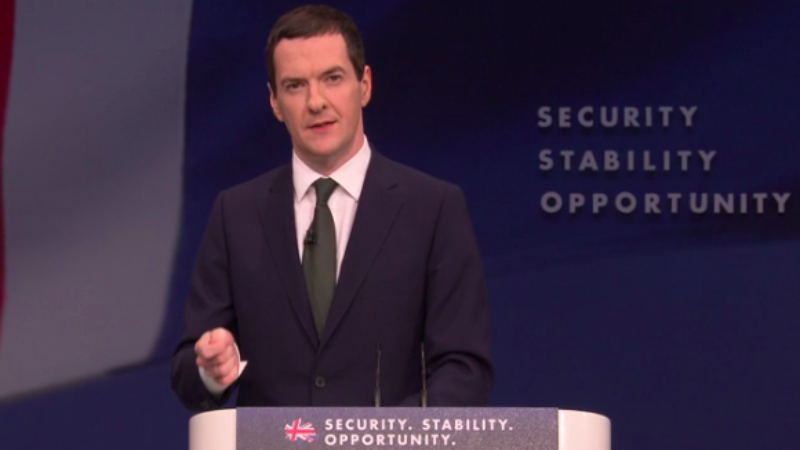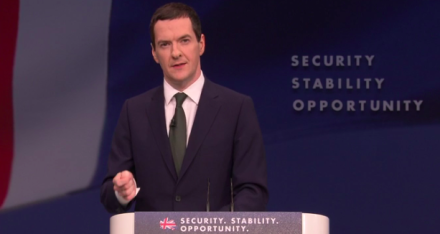

As a nation, we need a vision for our future. Of the kind of economy we want. And to make the argument that the future is built on the wisdom of our decisions today.
This week’s conference on climate change where we seek international agreement on how we stand together in common purpose is a clear example of that, and where we would want our Prime Minister to be taking a leading role shaping the future.
So it was right that, standing next to President Obama at the launch of COP 21 in Paris this week, David Cameron said: “instead of making excuses tomorrow to our children and grandchildren, we should be taking action against climate change today. It’s not difficult, it’s doable, so we should come together and do it today.”
What a pity then that while David Cameron saying one thing in Paris, his Chancellor is doing the opposite in London.
At Treasury Questions in the Commons yesterday I asked the Chancellor what measures he introduced in the Autumn Statement to support UK renewable energy businesses. The UK Government, he claimed, is committed to doubling its investment over the next five years. He mentioned low-carbon nuclear power and small modular reactors and energy efficiency.
What he implied couldn’t be more different from what he is actually doing. Last week in his Autumn statement the Chancellor cut the £1 billion fund to develop carbon capture and storage. The feed-in tariff subsidies for solar panels have been cut by 87%. This follows the Chancellor’s decision earlier this year to remove the Climate Change Levy exemption for renewable energy generation.
He is not just failing to support our renewable energy sector manufacturing industry, he is holding it back. There was no news last week on the potentially global-leading Swansea Bay tidal lagoon project, which would not just deliver massive amounts of sustainable energy but would unlock significant economic potential for the UK.
That silence speaks a thousand words. Because George Osborne’s record on infrastructure is a record of failure. Just 9% of the projects in his infrastructure pipeline have been started. The Treasury scheme to guarantee infrastructure projects has fallen far short of its £40bn target, approving only £3.7bn of projects since it was introduced in 2012.
These are the kind of projects that are vital to our future economic prosperity and security and to a sustainable environmental future.
It’s not just we in the Labour party who are sounding the alarm about Osborne’s failure. Last week a range of companies including Tesco, IKEA, Vodafone and Unilever wrote to the Prime Minister raising concern about the renewable energy cutbacks and warning that they pose a risk to UK businesses.
This becomes more important than ever with OBR forecast figures last week showing productivity set to decline further and, as the report ‘Make or Break’ published yesterday by Respublica also outlined, a focus on manufacturing growth has to be central to balancing the economy and tackling our current account deficit.
There is an alternative to George Osborne’s choices – a new approach to investing in the future. What he has proven is that we cannot cut our way to prosperity. A strategic state working in partnership with business and industry to balance the economy is the best long term strategy firstly to balance the books and secondly to build the jobs and growth of the future. Our renewable industries are pivotal to both this and tackling climate change. The Chancellor is wrong: it is not a choice between tackling change and fixing the economy – we can and should be both now.




More from LabourList
‘The hope that kills you’: Reflections from the final day in Gorton and Denton
MPs, union leaders and organisations react to ‘bruising’ Gorton and Denton result
A gory night for Labour